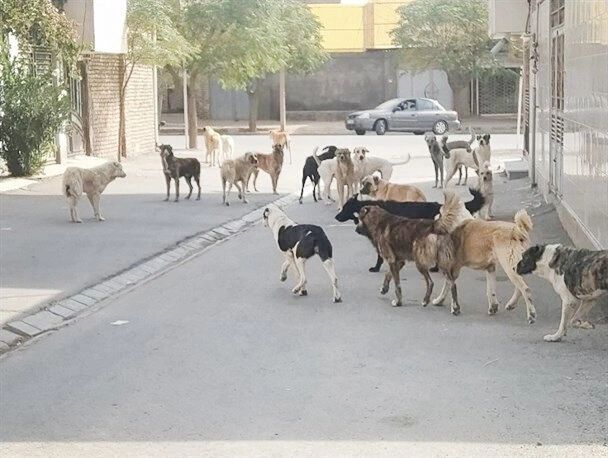Free-ranging dogs face dire health risks, from malnutrition to diseases like rabies. Their unpredictable behaviour threatens community safety and disrupts local wildlife by hunting and competing for food. Overpopulation leads to shelter overcrowding and increased euthanasia. Addressing this requires community involvement, spay and neuter programs, and humane shelters. But this is not possible without people.
The impact of dogs is exacerbated in urban and semi-urban settings through higher human-dog interactions, such as dog feeding and attacks. In a study led by Alireza Mohammadi, we asked how local people perceive about dogs they coexisting with in southern Iran?
We observed that 41% of respondents had neutral attitudes towards dogs. Even 34.5% of respondents had provided food for the dogs. This is surprising as dogs are creating a big problem in southern Iran as a result of their overpopulation.
People who share their towns with dozens of dogs were not really in favor of culling dogs. Instead, community perceptions highlight the ineffectiveness of culling and favor non-lethal management approaches for dogs, suggesting the need for humane, community-endorsed strategies.
This paper clearly showed how difficult is to manage the growing number of dogs in many Asian countries as it has created a wicked problem without any easy solution.
The paper, titled as “Complexities of managing invasive species in semi-urban areas: the case of free-ranging dogs in southern Iran was published in February 2025 in the journal Urban Ecosystems.

